Data-Driven Personalization of a Physiotherapy Care Pathway
For those of you who are leaning towards the physiotherapy side of movement assessment and exercise prescription. A study from Oulu Univerity in Finland found that technology adoption by physiotherapists is low, but the profession and their patients could benefit greatly by using digital health services.
Abstract
Background: Advanced sensor, measurement, and analytics technologies are enabling entirely new ways to deliver health care. The increased availability of digital data can be used for data-driven personalization of care. Data-driven personalization can complement expert-driven personalization by providing support for decision-making or even by automating some parts of decision-making in relation to the care process.
Objective: The aim of this study was to analyze how digital data acquired from posture scanning can enhance physiotherapy services and enable more personalized delivery of physiotherapy.
Methods: A case study was conducted with a company that designed a posture scan recording system (PSRS), which is an information system that can digitally record, measure, and report human movement for use in physiotherapy. Data were collected through interviews with different stakeholders, such as health care professionals, health care users, and the information system provider, and were analyzed thematically.
Results: Based on the results of our thematic analysis, we propose three different types of support that posture scanning data can provide to enhance and enable more personalized delivery of physiotherapy: 1) modeling the condition, in which the posture scanning data are used to detect and understand the health care user’s condition and the root cause of the possible pain; 2) visualization for shared understanding, in which the posture scanning data are used to provide information to the health care user and involve them in more collaborative decision-making regarding their care; and 3) evaluating the impact of the intervention, in which the posture scanning data are used to evaluate the care progress and impact of the intervention.
Conclusions: The adoption of digital tools in physiotherapy has remained low. Physiotherapy has also lacked digital tools and means to inform and involve the health care user in their care in a person-centered manner. In this study, we gathered insights from different stakeholders to provide understanding of how the availability of digital posture scanning data can enhance and enable personalized physiotherapy services.
For the full study: https://rehab.jmir.org/2020/2/e18508/
